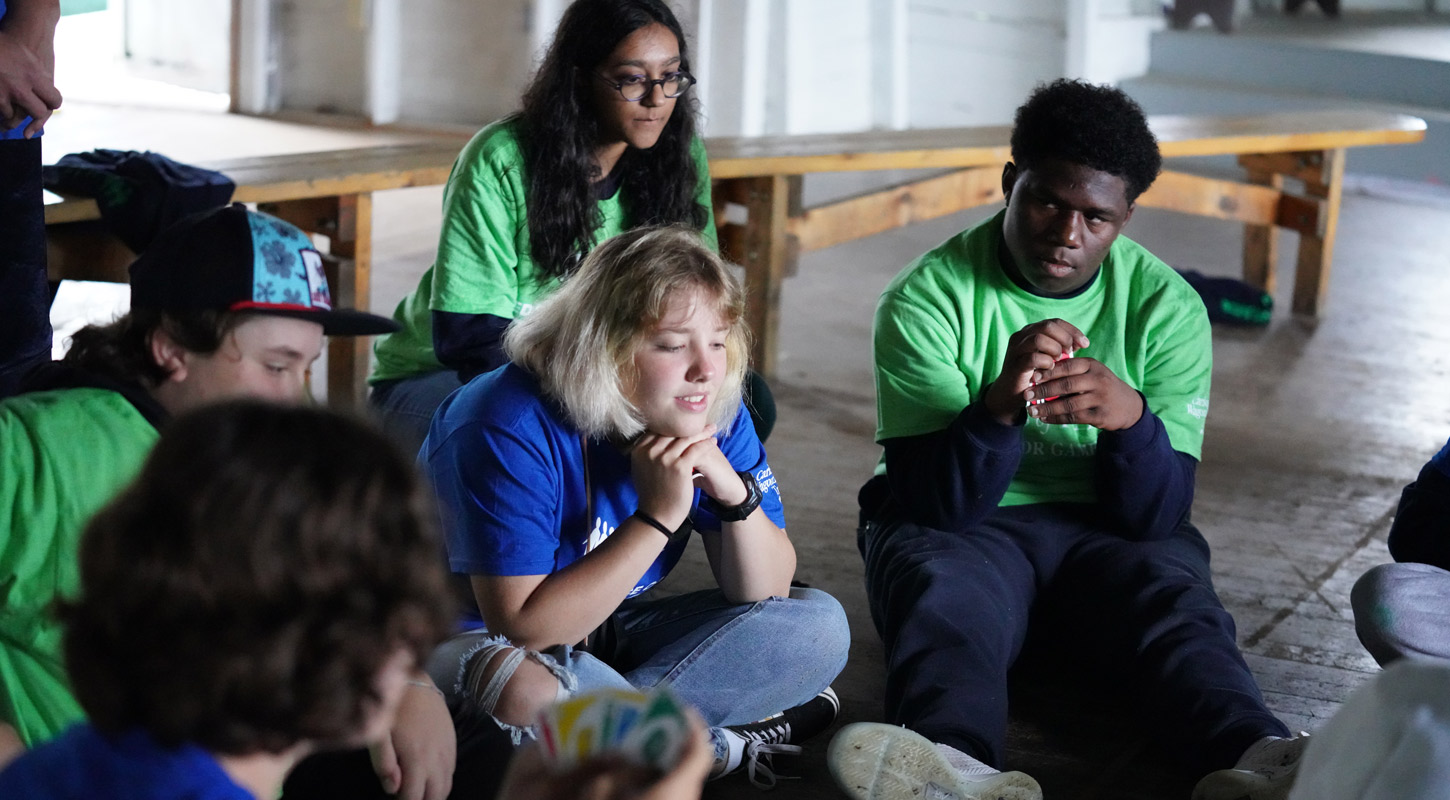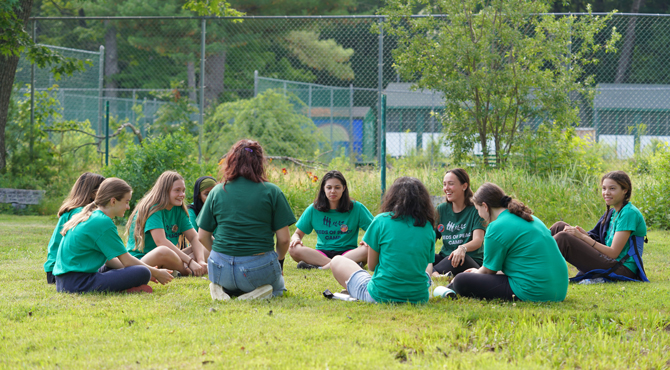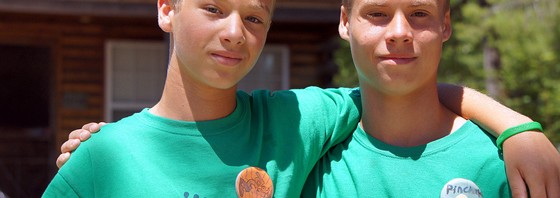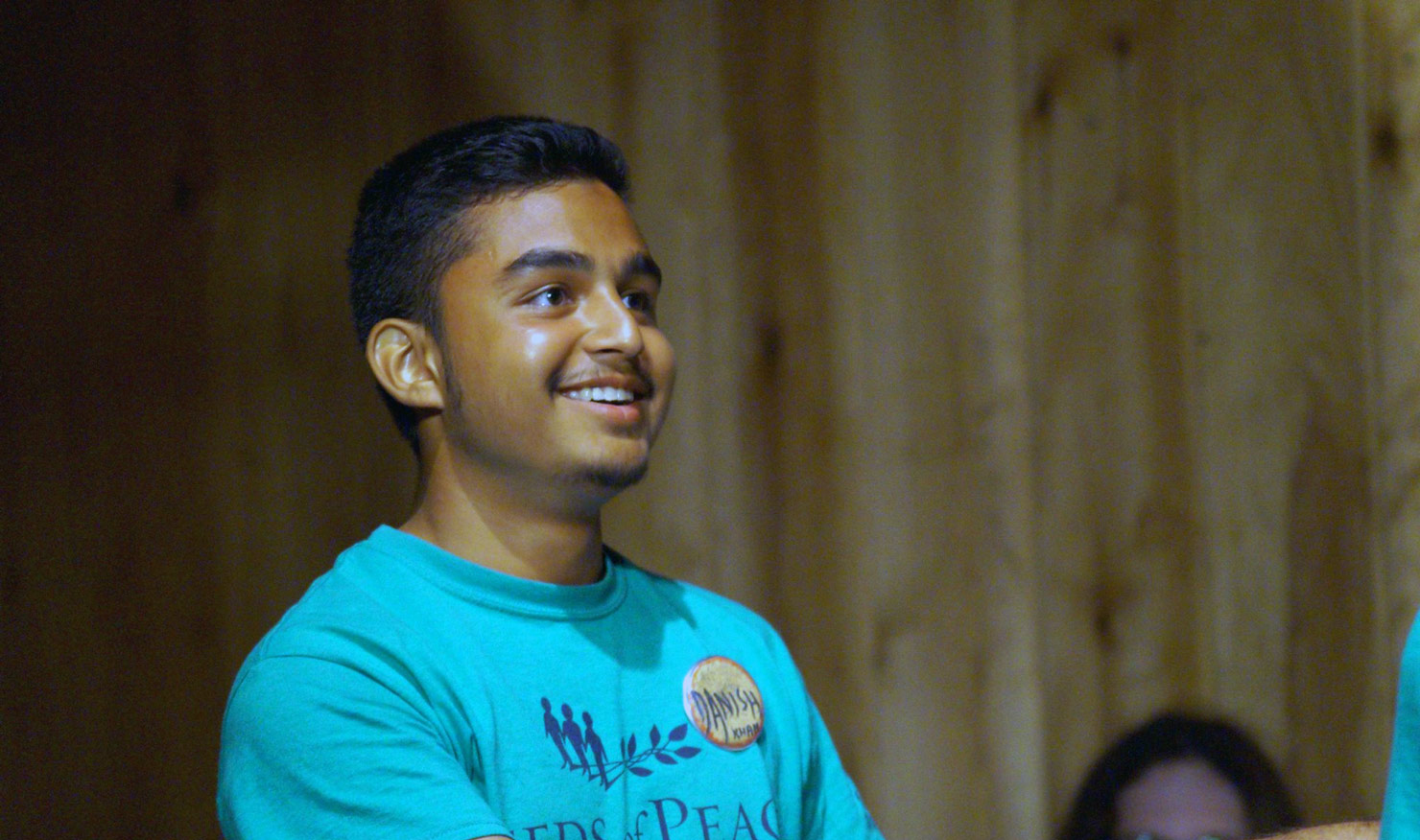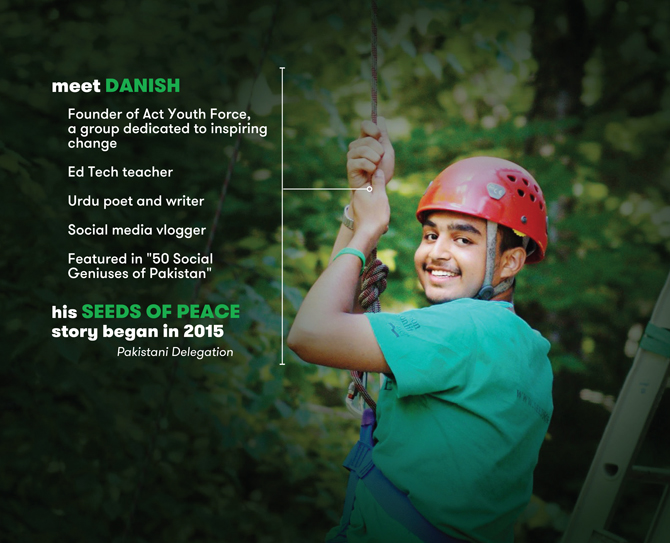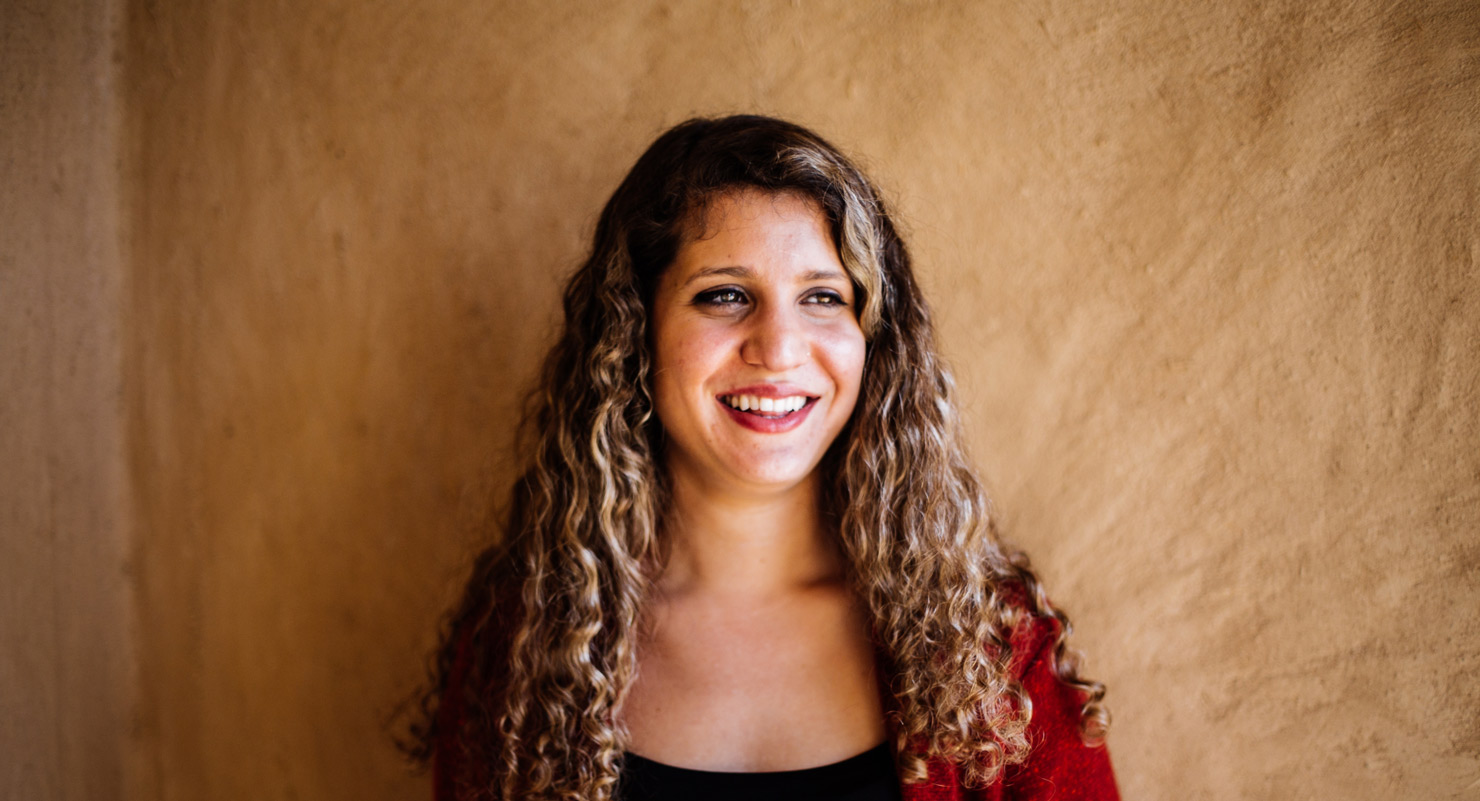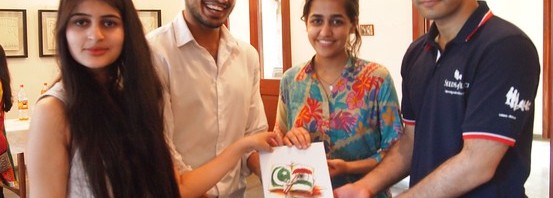Seeds of Peace’s first class of GATHER Fellows convened last week in London for the New Fellows Retreat.
Over the course of five days, this intensive leadership accelerator offered the 2015 GATHER Fellows a multitude of experiences and opportunities by drawing on London’s diverse offerings, resources and status as a hub for social change.
Mohamed Rahmy, Director of Seeds of Peace Graduate Programs, shares highlights from the week.
From beginning to end, using Impact Hub Westminster as our base camp, the New Fellows Retreat was a journey through which Fellows, guided by their own personal and professional needs and varying stages of project development, picked up various resources along the way in the form of skills, connections, and new learnings that serve as a requisite to their personal and their project’s growth and development.
On the first day, we started with Street Wisdom, led and facilitated by inspiring social artist David Pearl and a team of passionate volunteers. Street Wisdom encouraged Fellows to ask questions about their future and engage in an interactive exercise that helped them identify personal and professional goals, while seeking intuitive, creative and inspiring answers from the most unconventional places to do so: the streets of London.

David Pearl leading a group of Fellows on the streets of London as part of Street Wisdom.
By the end of the activity (check out David’s blog), participants had come to realize that a new door of opportunities for personal and professional betterment was opened for them, and that new avenues to seek advice, reassurance, feedback or even straight-on answers to some of life’s questions exist and are easily accessible. Fellows felt energized and warmed up for what was to follow.
TRAINING HIGHLIGHTS
Building off previous successful engagements with the GATHER initiative in Jordan and Jerusalem, Serial Entrepreneur and Brown University Professor Danny Warshay led a workshop for the GATHER Fellows that kicked off with the “think-big” and “envision forests not seedlings” mantras and approaches as a key ingredient to a future-focused and innovative entrepreneurial thinking, before honing in on one of the most critical skills in entrepreneurship: bottom-up research. The workshop guided the Fellows on how to identify and validate unmet needs in an attempt to better strategize their approaches and thus scale the impact of their work.
Emanating from the importance of storytelling and the necessity of communicating a compelling narrative about the ‘alternative’ world these brave change-makers seek to create through their innovative endeavors and initiatives, an engaging and interactive Communications and Media training was led in partnership with Burson-Marsteller, one of the top-10 public relations and communication firms in the world.
In a combination of classroom session, hands-on workshop and practical work, the Fellows benefited from the world-class training capabilities of the trainers who coached them on messaging development before moving to Burson-Marsteller’s own in-house studios for on-camera mock interviews, followed by individualized feedback that put the training’s learnings into practice.

From the control room, GATHER Fellow Christina conducting her mock-interview at the Communications and Media training.
In the Funding Strategies session, Paul Grant, founder of the Funding Game, drew on his experience with start-ups and his background in finance to share his insights and learnings with Fellows on the various options, tools and approaches that help them select the most appropriate financing or fundraising strategy for their ventures and projects.
CONNECTIONS & NETWORKING
Guest speakers were invited throughout the week to connect with the Fellows. Through telling of their personal and professional trajectories or addressing themed topics such as leadership or sustainability, these established business and industry leaders passed their knowledge, shared their success, (and failure) stories, let Fellows into their moments of self-doubt and vulnerabilities, allowing for engaging conversations to unfold in an intimate and informal setup that encouraged interaction, learning and inspiration.
Connecting with established leaders was not limited to guest speakers. At Credit Suisse, in the heart of London’s financial district at Canary Wharf, a special closed networking event was organized for the GATHER Fellows where they connected with some of the bank’s senior executives and engaged with them in small group discussions, presenting their work and seeking advice and feedback.
Fellows further heard from representatives from the Credit Suisse Modern Muse Program who organized a Q&A session for the Fellows and presented the program’s efforts to advance the economic participation and empowerment of women and girls.

GATHER Fellows at Credit Suisse’s Networking Event.
An Exchange between Social Change Leaders was the title of another important networking event attended by the GATHER Fellows, jointly organized with and hosted by the U.S. Embassy in London. Attended by more than 40 organizations and individuals representing London’s leading social change players and agents, the event connected the Fellows with their U.K.-based peers working on similar issues. The ensuing round-table discussions allowed for networking, conversation, and exchange of practices. After the round-tables concluded, all attendees regrouped for insightful remarks given by Ambassador of the U.S. to the U.K. Matthew W. Barzun.

Round table Discussion, “An Exchange between Social Change Leaders” event hosted by the US Embassy in London.

US Ambassador to the UK Matthew W. Barzun taking a picture with GATHER Fellows.
While the retreat was full of events and connections established with diversified audiences, it was the Peer-to-Peer Sessions that were truly the highlight of the retreat. These sessions offered Fellows the space and time to present their work to one another, solicit questions and remarks from each other as peers living in similar environments and facing similar challenges while motivated by similar drives to change. The level of insightful and thoughtful feedback that Fellows gave to one another, the suggestions and recommendations they made and the connections that were sparked were all indicative of the incredible potential that the simple act of a conversation holds—a conversation among a community of like-minded individuals whose work focus may vary yet experiences, personal journeys and commitment to shared values are all too important to dismiss.

GATHER Fellow Rasha presenting her project at the Peer to Peer Session.
On the last night of the retreat, Fellows concluded the week of activities and sessions with a special dinner and networking evening hosted in their honor, in the company of more than 150 members of Seeds of Peace’s U.K.-based community. Indeed, the GATHER community draws its strength from the passion, dedication and commitment of Seeds of Peace’s community of alumni, educators, and supporters that are spread all around the globe. Each Fellow had the opportunity to present their work to the wider audience, before indulging in informal networking and socializing throughout the rest of the night.
AND THE JOURNEY CONTINUES …
With a group as diverse as the GATHER Fellows, hailing from different backgrounds, speaking different languages and working tirelessly and passionately across different sectors and on a variety of social change issues, it was important that the New Fellows Retreat offered experiences that inspire innovation, spark new thinking and facilitate connections necessary to the progress of Fellows’ projects and their abilities to lead them.
At the end of the week, one of the Fellows said it was “exhausting and exhaustive:”
“I hope each person jumps in the ocean and swims with their project. Giving each other thoughtful feedback for seven full days built strong and lasting connections as respected people and builders. I hope Seeds is the key to keep projects going.”
Indeed, it is the GATHER initiative’s mandate to support the Fellows with the incredibly important and valuable work that they are doing and, as the New Fellows Retreat ended, our work continues and so does their commitment to relentless press ahead with their life-changing ideas and efforts.
LONDON PHOTOS


